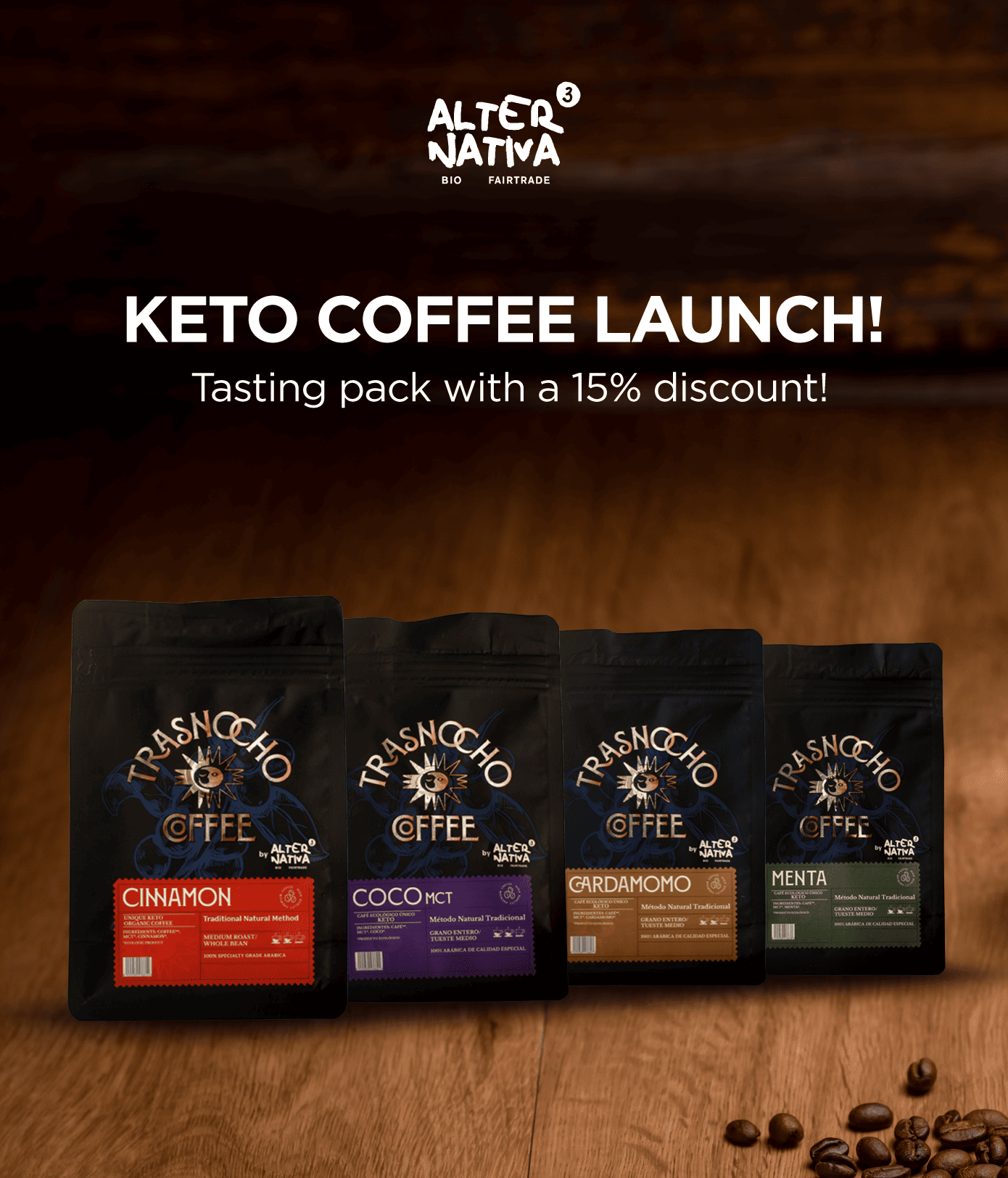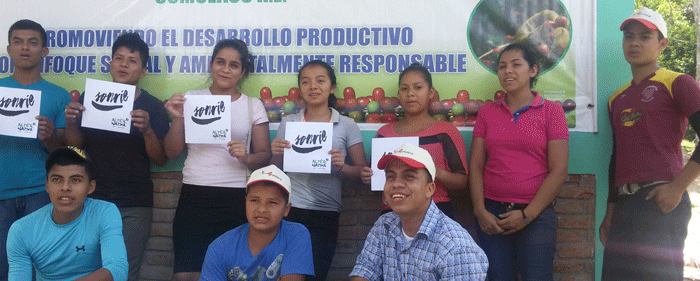El Guapotal is a mountainous region made up of 7 rural communities belonging to the municipality of Tuma-La Dalia. The inhabitants of the region have scarce resources and live from agriculture, especially coffee cultivation. Augusto César Sandino is a cooperative formed by 85 families of small producers who produce Fair Trade coffee.
Due to the difficulty of access to the communities, students in the area have fewer opportunities to continue their studies after primary school. The scholarship provides them with a small grant to help them pay for transport and meals during the long journeys to the schools. Many of the young people who study do so at the weekend, thus being able to combine studies and work, sleeping in the city only one or two nights a week. This year there are 11 scholarship holders, between secondary school and university studies. Among the most popular university studies are agricultural production engineering and accountancy.
In return for the scholarship, the young people carry out a few hours of work in the community, through which they are initiated to participate in the social activities carried out by the cooperative and a link is created that will allow the generational relay, avoiding the migration of young people in the cities and in other countries. In this way, the experienced students become producers and return to the cooperative to train the members in crop improvement, crop diversification, environmental conservation and climate change prevention, gender equality awareness, etc. This is the case of Margini and Fairi, who have joined the cooperative's social projects after several years as scholarship holders.
This year there are many new students, full of dreams and hopes for their studies. One of this year's novelties is that the Cooperative has donated a piece of land where the students of agriculture and agronomy can do their internships, and those studying economics can practice with budgets and crop finances. The land has half a hectare of coffee and cocoa plantations, which the young scholarship holders will cultivate. The profit from the sale of these products will be added to next year's scholarship money, thus aiming at the future sustainability and autonomy of the project.
Since 2009 Alternativa3, with the support of Terrassa City Council, has been carrying out a project that consists of giving scholarships to young people (50% men and 50% women), with a total of more than 238 scholarship holders, to increase literacy in the communities and to ensure that in the future, thanks to this training, there will be qualified workers for productive, educational and cultural activities.
Nicaragua is the second poorest country in Latin America and one of the most food insecure countries in the world. 46.2% of the population lives in poverty, 11.2% lives in extreme poverty, a percentage that increases in rural areas (according to data from the UNDP's 2011 Human Development Index).
CECOCAFEN's BECAS programme was born as a result of a diagnosis carried out on the educational levels in the area. The result indicated that the average level of schooling is second grade of primary school for 60% of those surveyed, and the remaining 40% could neither read nor write. It concluded with a negative development index.
Students cannot afford the cost of continuing their education after primary school. Technical and secondary schools are located in the cities, far from the homes of the rural population. The cost of tuition, travel and living expenses are beyond their financial means.
The criteria for awarding grants are as follows:
- The economic situation of the family.
- The number of children studying in the family.
- Scholarship one student per family per year.
- The geographical location of the pupil.
- Academic performance record is taken into account
The problem it addresses is that young people drop out of school because of lack of resources.
- 11-05-17

